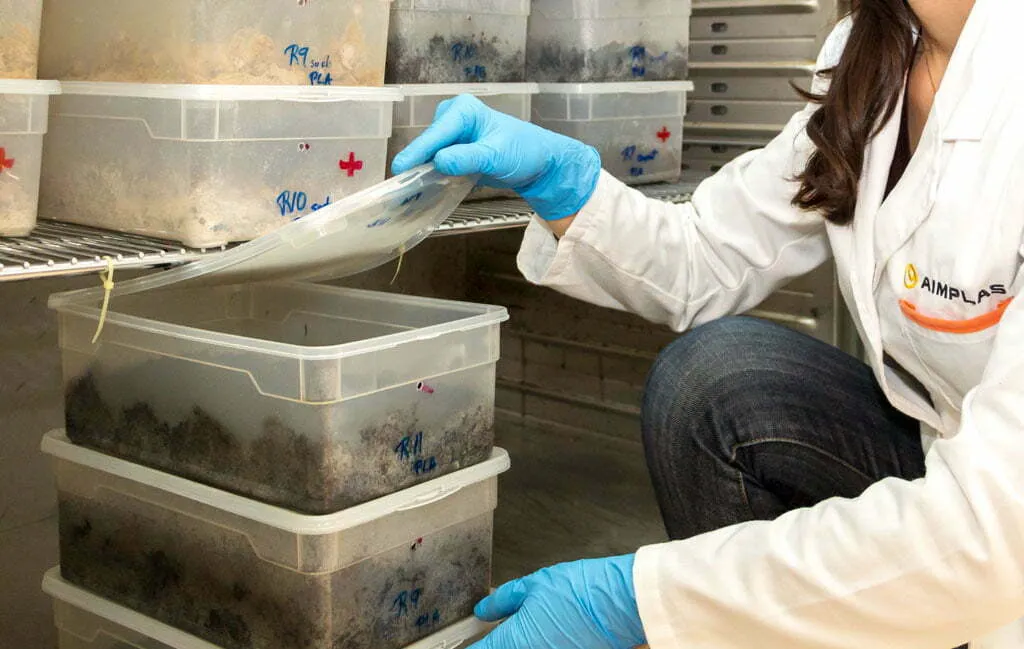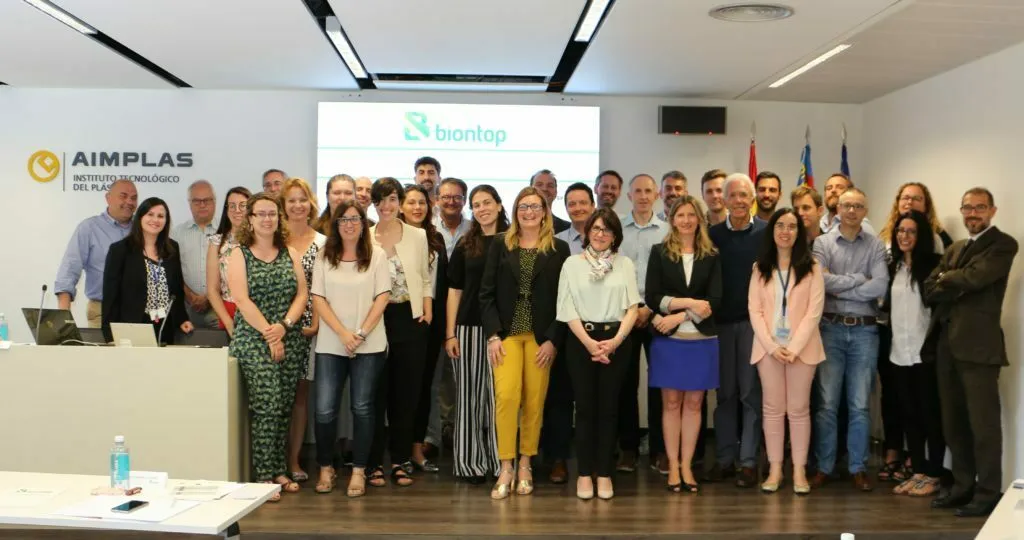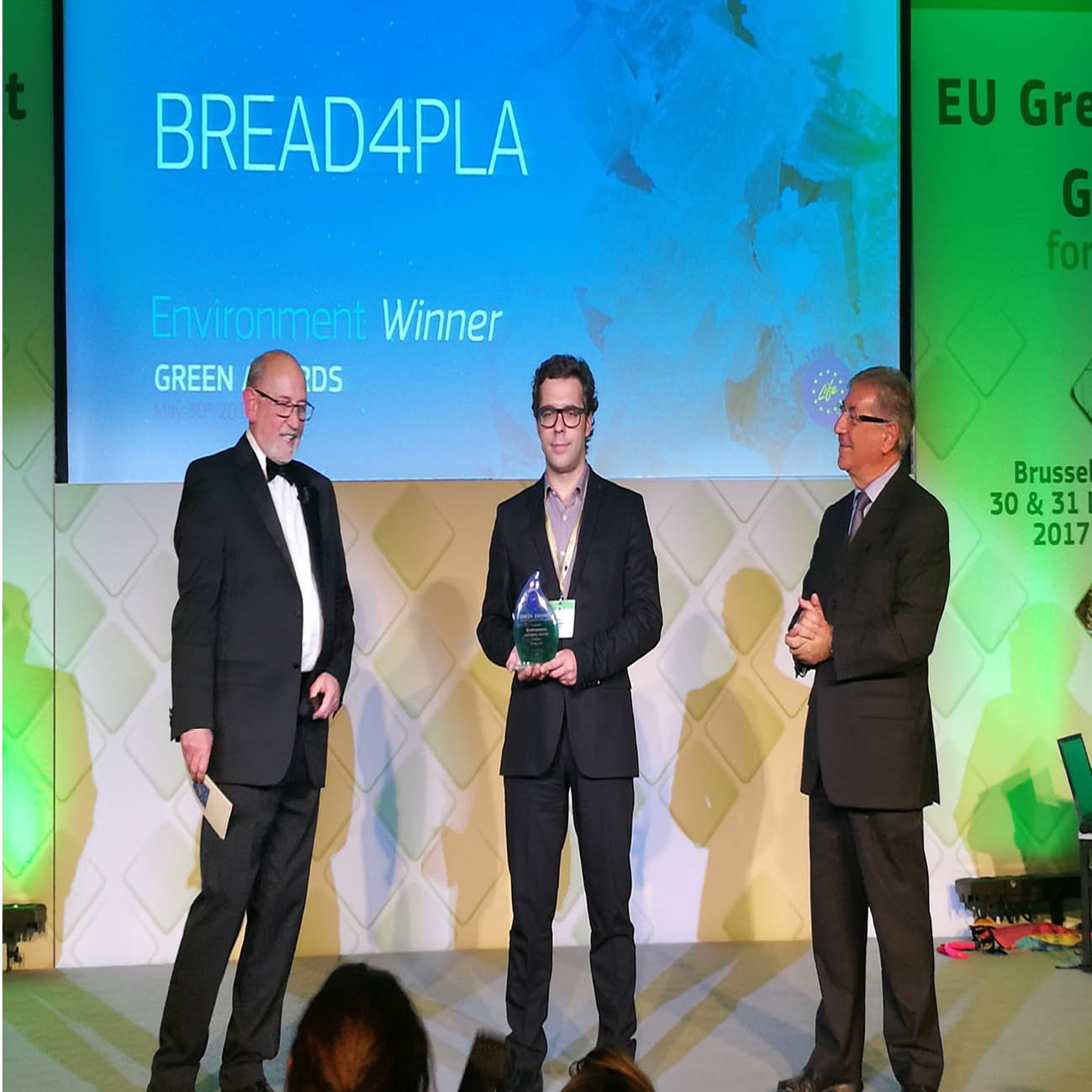Home Composting vs Industrial Composting

What is composting?
Composting is the aerobic, biological process of recovering waste under controlled conditions to produce compost. Compostable packaging aligns with the circular economy as the proper management of compostable waste produces quality compost. Quality compost is characterised by stable and free phytotoxic compounds, which take nutrients up from the soil and generate a positive effect on their structure, reducing the water requirements for drought risk periods and increasing the moisture retention potential of the soil.
Types of composting
Composting can be carried out under both home and industrial conditions. The waste management capacity at the product´s final destination will principally determine if the product is domestically or industrially composted. Therefore, in countries where home composting is more widespread, the product can be designed to be domestically composted. On the other hand, in countries where there is more focus on compost treatment plants, industrial composting would be a more appropriate option.
Home composting:
Home composting is an attractive option as it encourages local responsibility for waste management and eliminates waste collection and transportation costs, however, the overall conditions of the process (temperature, humidity, and aeration (O2)) are difficult to control. Temperature and humidity are much lower and fluctuate more often than in an industrial composting plant. This is due to much lower waste volumes and recurrent heat losses, which in turn means that in home composting the microbial loads are not stable.
Industrial composting:
On the other hand, industrial composting takes place in special composting plants that have controlled conditions. These plants reach temperatures up to 65 ᵒC and are continually aeriated to maintain a constant supply of oxygen and a suitable humidity level. As a result, the composting plants have a higher load and diversity of microorganisms, including thermophiles, which increase process efficiency and reducing biodegradation times.
What requirements must the packaging meet to be compostable?
Packaging that is listed as compostable must comply with the requirements set out in standard UNE-EN 13432. The standard details 4 tests that must be carried out in certified laboratories. These tests are as follows:
- Chemical characterisation of the material: determining the content of heavy metals, fluorine, and volatile solids, etc in the material.
- Aerobic biodegradation under composting conditions.
- Disintegration
- Ecotoxicity in advanced plants.
The biodegradation and ecotoxicity tests mainly depend on the characteristics of the material, while its shape and density affect the degree of disintegration.
Composting conditions
As previously mentioned, home and industrial composting conditions do differ. Home composting is evaluated at 25 ᵒC, while industrial composting is evaluated at around 58 ᵒC. The composting standard states that over 90% of material must have biodegraded within a period of 6 to 12 months under domestic and industrial conditions respectively. On the other hand, disintegration is determined in a fixed time of 3 months under industrial conditions and twice as long under domestic conditions. This time difference indicates the complexity of the process under domestic conditions, so that some industrial compostable materials are not necessarily compostable at home.
How can we help you?
AIMPLAS laboratories are accredited in accordance with international quality standard UNE-EN ISO/IEC 17025 and by ENAC to carry out biodegradation studies in compost and soil, disintegration studies at laboratory scale, pilot disintegration and ecotoxicity testing in higher plants. We are also recognized by the certifying body TÜV Austria to carry out the complete compostability test scheme to enable companies to obtain the ecolabels OK Compost INDUSTRIAL, OK Compost HOME and the Seedling logo, as well as OK Biodegradable SOIL.
Johana Carolina Andrade.
Biodegradation & Compostability Laboratory. AIMPLAS



